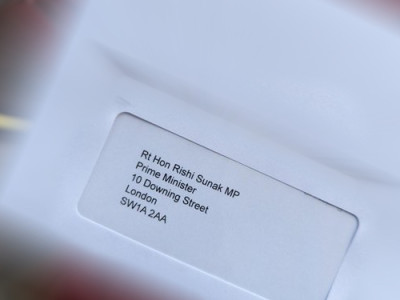The study was carried out by Lynne Dawkins (lead author) and Sharon Cox from the Centre for Addictive Behaviours Research, Maciej Goniewicz at the Roswell Park Cancer Institute, Hayden McRobbie from Barts, the University of East London’s Catherine Kimber, Mira Doig at ABS Laboratories Ltd and Leon Kośmider from the Virginia Commonwealth University.
The team notes that nicotine content and delivery varies greatly from device to device. Plus, “Over time, vapers tend to lower the nicotine concentration in their eliquid. This may be due to: the belief that it is healthier; to allow changes to the device/tank (e.g. sub-ohming); or to wean off ecigarette/nicotine use entirely.”
But, they point out, “a reduction in nicotine intake may not actually follow a reduction in nicotine eliquid concentration if users engage in compensatory puffing.” Research tells us that cigarette smokers will smoke more or take longer drags if they switch to low-nicotine cigarettes. Such behaviour is often referred to a ‘self-titrating’.
Juice consumption has been linked to the use of lower strength liquids and higher wattage devices, but this is purely anecdotal and can’t be submitted as evidence when discussing legislation with politicians or handing out advice to the public.
Vapers were recruited to use a Nautilus Aspire tank with an eVic Supreme™. They were provided with seven 10ml bottles of eliquid per week, containing 6 or 18 mg/ml of nicotine. The eVic recorded the time of the puff, puff duration, atomiser resistance, voltage and wattage.
“When participants were permitted to adjust the power, compared to the fixed 4 V (10 W) condition, 13 increased the voltage, two made no changes and four decreased it in the 6 mg/ml nicotine condition. In the 18 mg/ml nicotine condition, six increased the voltage, five made no changes and seven decreased it.”
They found: “participants increased their puff number and puff duration, decreased their IPI and consumed more eliquid in the low (6 mg/ml) compared with the high (18 mg/ml) nicotine condition.”
“Urge to vape and nicotine withdrawal symptoms were higher and positive effects were lower in the low nicotine condition, particularly when the power was fixed. When changes to power settings were permitted, participants increased the voltage to a greater extent in the low compared with the high nicotine condition.”
In line with Dr Farsalinos’ comments last week, the team concluded: “Switching to a lower nicotine concentration eliquid may therefore be unsatisfying, triggering compensatory behaviour which increases eliquid consumption and may increase health risks. Although our formaldehyde findings require replication, our data suggest that vapers should carefully consider switching to lower nicotine concentration eliquids.”
Photo Credit:
Dawkins - YouTube
Dave Cross
Journalist at POTVDave is a freelance writer; with articles on music, motorbikes, football, pop-science, vaping and tobacco harm reduction in Sounds, Melody Maker, UBG, AWoL, Bike, When Saturday Comes, Vape News Magazine, and syndicated across the Johnston Press group. He was published in an anthology of “Greatest Football Writing”, but still believes this was a mistake. Dave contributes sketches to comedy shows and used to co-host a radio sketch show. He’s worked with numerous vape companies to develop content for their websites.
Join the discussion
Trading Standards Welcomes Clarity
The Chartered Trading Standards Institute says it welcomes the “clarity and action from government to tackle youth vaping” with the plan to ban disposable vapes and related announcements
UKVIA Writes To Sunak
The UKVIA has sent a letter to Prime Minister Rishi Sunak to 'express profound dismay and disappointment' that the government has decided to proceed with a ban on disposable vapes
FOI Shows Disposables Ban Folly
389 Freedom of Information requests made by leading online retailer Vape Club and one by the BBC demonstrate the extent to which a ban on disposable vapes is a complete act of folly
ASH UK’s Coordinated Comment
Action on Smoking and Health has coordinated a series of responses to the Governments proposals to include interested parties












